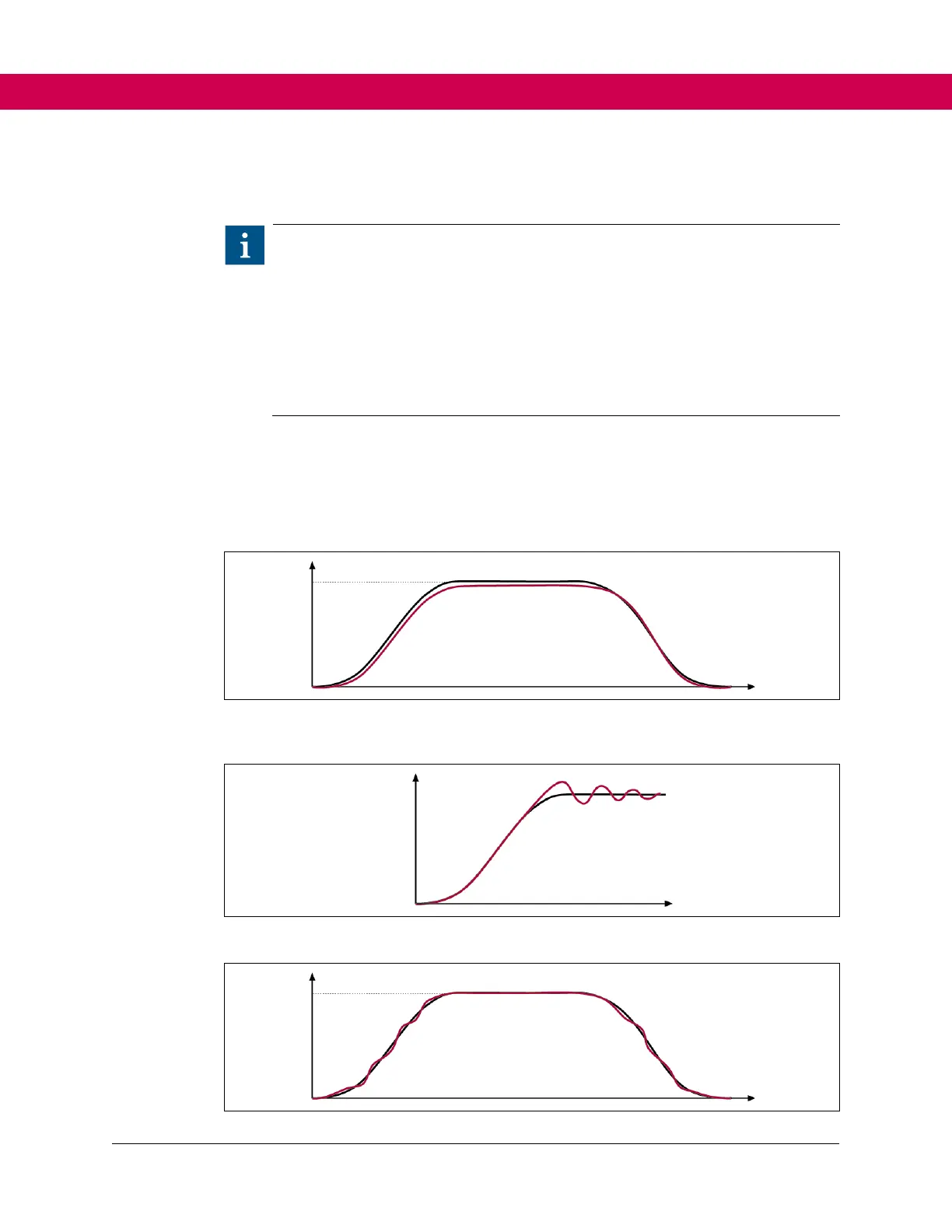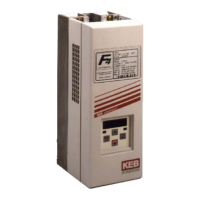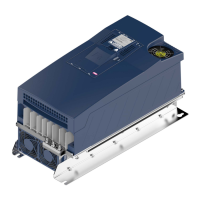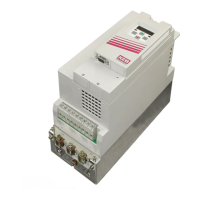The integral gain is responsible for correcting long-term average error in speed as
well as providing increased control and rigidity at lower speeds for starting and
stopping. The integral gain is split into three values one for acceleration and
constant speed (LC08), one for deceleration and leveling (LC09) and one for pre-
torque (LC10). Additionally, an offset to the integral gain value is adjustable if it is
necessary to have higher gain values to overcome starting friction as well as
maintain good control at low speeds for starting (LC11) and stopping (LC12). The
total integral gain value is the sum of integral and offset and the low speed range
over which the offset is ramped up and active is adjustable (LC13-16) for both
acceleration (LC13-14) and deceleration (LC15-16).
If this value becomes too high, it can result in torque pulsations during acceleration,
deceleration, or at sustained speed. If the value becomes too low, the tracking of the
command speed will suffer and the system may not catch the load quickly or overcome
starting friction at takeoff, may take additional time to reach contract speed, or cause
spotting during a dynamic jerk into leveling speed.
Integral Gain Too Low - Speed Lags Command
